The suicide bombing at Manchester Arena should remind us that in the coming discussions about the perpetrators and what motivated their actions, we should not repeat the mistake of assuming they were rationally provoked by marginalisation or victimisation. Along with victim blaming, there are always a bevy of pseudo-explanations offered up as to why someone could be conditioned into becoming a religious fanatic prepared to murder innocent lives.
The concert-goers in Manchester, like all victims of terror, had committed no offences against their attackers.There is no constructing a rational provocation or grievance as the root cause of these murders. But there are those convinced that whatever the horror of an act of terrorism, there is an understandable original sin at the heart of it. Former UK Ambassador to Uzbekistan Craig Murray, now far-Left political campaigner, said ‘you can’t pretend Muslims don’t have real grievances.’ But grievances against who, by whom, and do all Muslims share these grievances? Murray seems to think that all Muslims think with one mind.
The typical grievances that are invoked in debates about the causes of terrorism do not include some of the worst atrocities committed against Muslims in modern times. We don’t hear a great deal about the genocide in Bosnia and Kosovo committed by the then Serbian Socialists and the Tudjman Croats. Neither is there much outrage about Russia’s horrendous actions against Chechnyans during two wars.
Yet we hear repeatedly about the ‘grievances’ of the Muslim world as regards the ‘occupation’ of the West Bank, the irrelevant ‘settlements’, and the fabricated crime of ‘Islamophobia’, supposedly threatening to break out on Sydney public transport and elsewhere after every terrorist outrage.
Could it be that in instances where the offenders are not Jews or Westerners, crimes against Muslims that do amount to genocide can be brushed off? And why does the Palestine conflict, that has claimed far fewer lives, generate so much vicarious outrage? Is it something about the identity of the ‘enemy’?
We should be asking why radicalised Muslims act with such atavistic violence against those who’ve never harmed them.
The American cartoonist Gary Trudeau condemned the staff of Charlie Hebdo as being the inciters of violent protests in the Muslim world after the magazine chose to publish its famous edition, after the attack, depicting the prophet with the words ‘all is forgiven’.
The killings of the Parisian satirists revealed again the parallel arguments that offence felt by Muslims at depictions of the prophet leads to more violence – but that Muslims in no way support violence. Trudeau, perhaps absent-mindedly, said that Charlie Hebdo had ‘succeeded in provoking many Muslims throughout France to make common cause with its most violent outliers’.
Bordering on being quasi-racist, the suggestion seems to be that critics, dissenters and free-thinkers have to be careful because Muslims are predisposed to respond to offence with violence. Western liberals sidle into this debate by proposing that, on the one hand, al-Qaeda and Isis are completely antithetical to Islam, and that there is no bond between these groups and the Muslim population. Yet on the other hand, the actions of terrorists represent an immoral act driven by rational grievances. This is almost, but never quite, saying that everything up until the act of suicide murder was defensible.
The Manchester bomber didn’t take up arms on an actual field of battle against his enemies (as he imagined them). That type of response in itself is not just or reasonable, but is a half rational form of action. Instead he, as many such jihadis tend to do, cast himself as a vanguard martyr in a great holy war where his enemies are immoral, ungodly creatures fit only for death.
The fallen at Manchester Arena made the mistake of enjoying a night out at a Northern English music concert instead of wallowing in self-induced despair and religious fanaticism. The young victims of this week’s attack probably shared a great deal in common with the people of Greely, Colorado when the founding father of Jihadism Sayyid Qutb visited the town in 1948. While there to study at the University of Northern Colorado he was exposed to American culture and was aghast at the ‘animal-like’ intermixing of the sexes, the ‘seductive’ clothing worn by American women and the presence of women in churches. ‘Traumatised’ by what he had seen in the American Midwest, he returned to Egypt and formulated his theory that those who did not adhere to the Koran and the conservative interpretation are the equivalent of animals who could and must be killed.
Enlightened societies need to be clear that the principles of individual freedom and free thought that Outb so despised define our way of life and on this there will be no compromise. And we should never surrender to irrational hatreds and or mistake them for legitimate grievances.
Got something to add? Join the discussion and comment below.
Get 10 issues for just $10
Subscribe to The Spectator Australia today for the next 10 magazine issues, plus full online access, for just $10.
You might disagree with half of it, but you’ll enjoy reading all of it. Try your first month for free, then just $2 a week for the remainder of your first year.


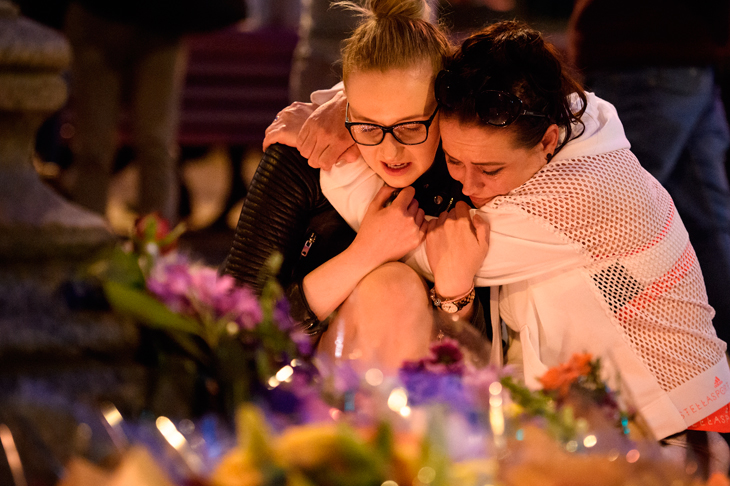
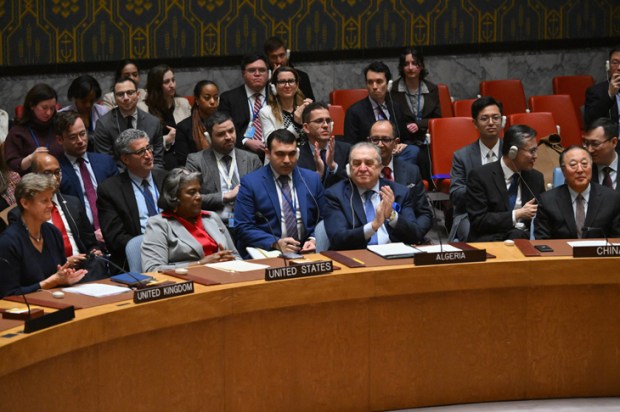

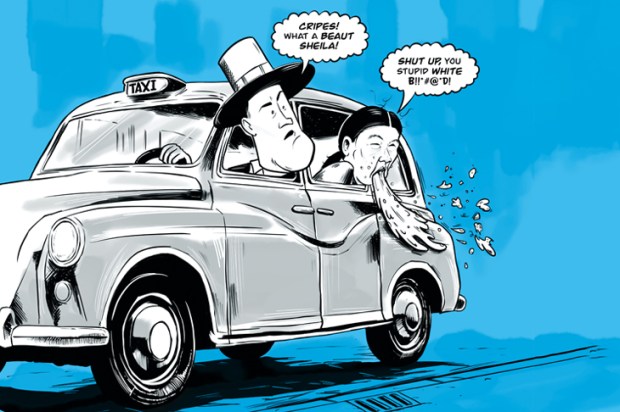
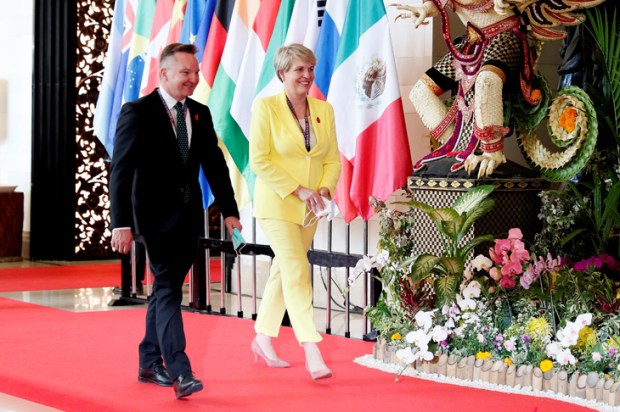
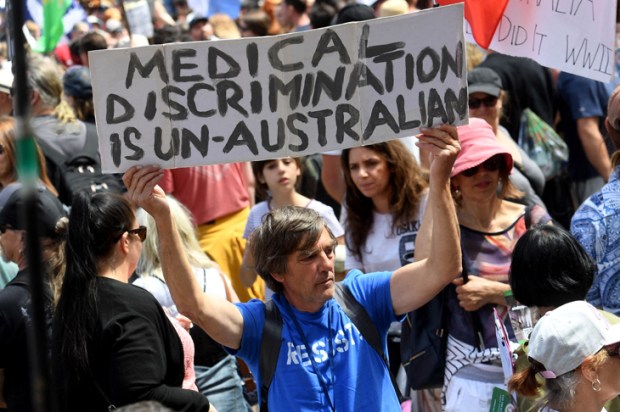







Comments
Don't miss out
Join the conversation with other Spectator Australia readers. Subscribe to leave a comment.
SUBSCRIBEAlready a subscriber? Log in